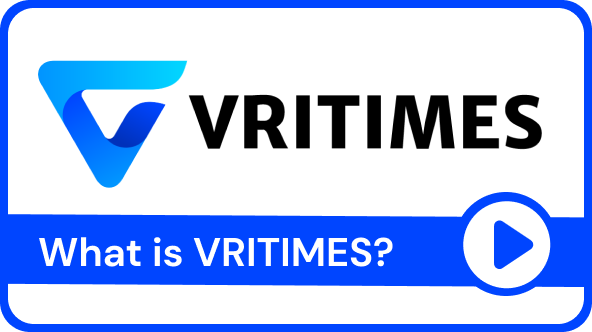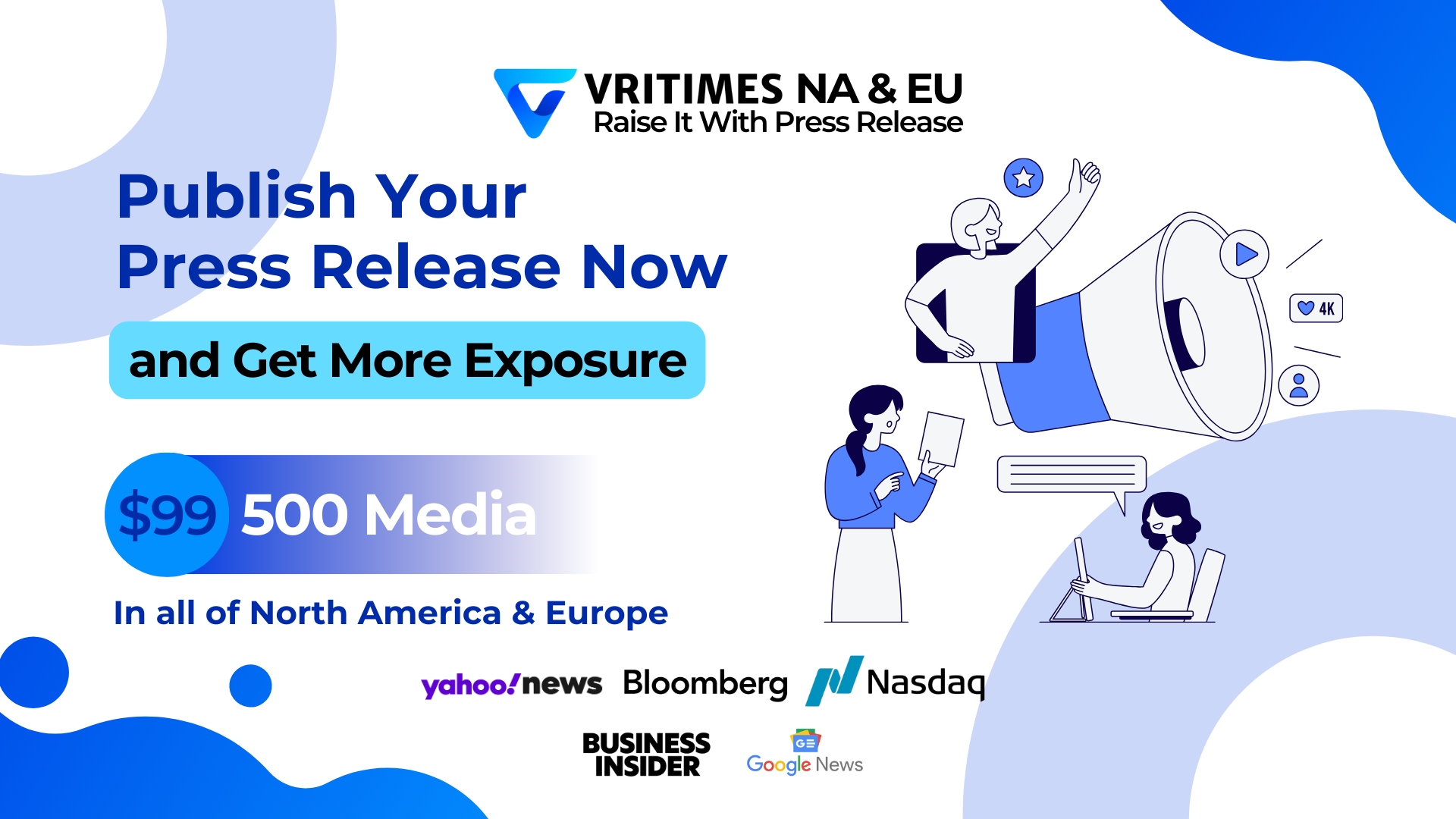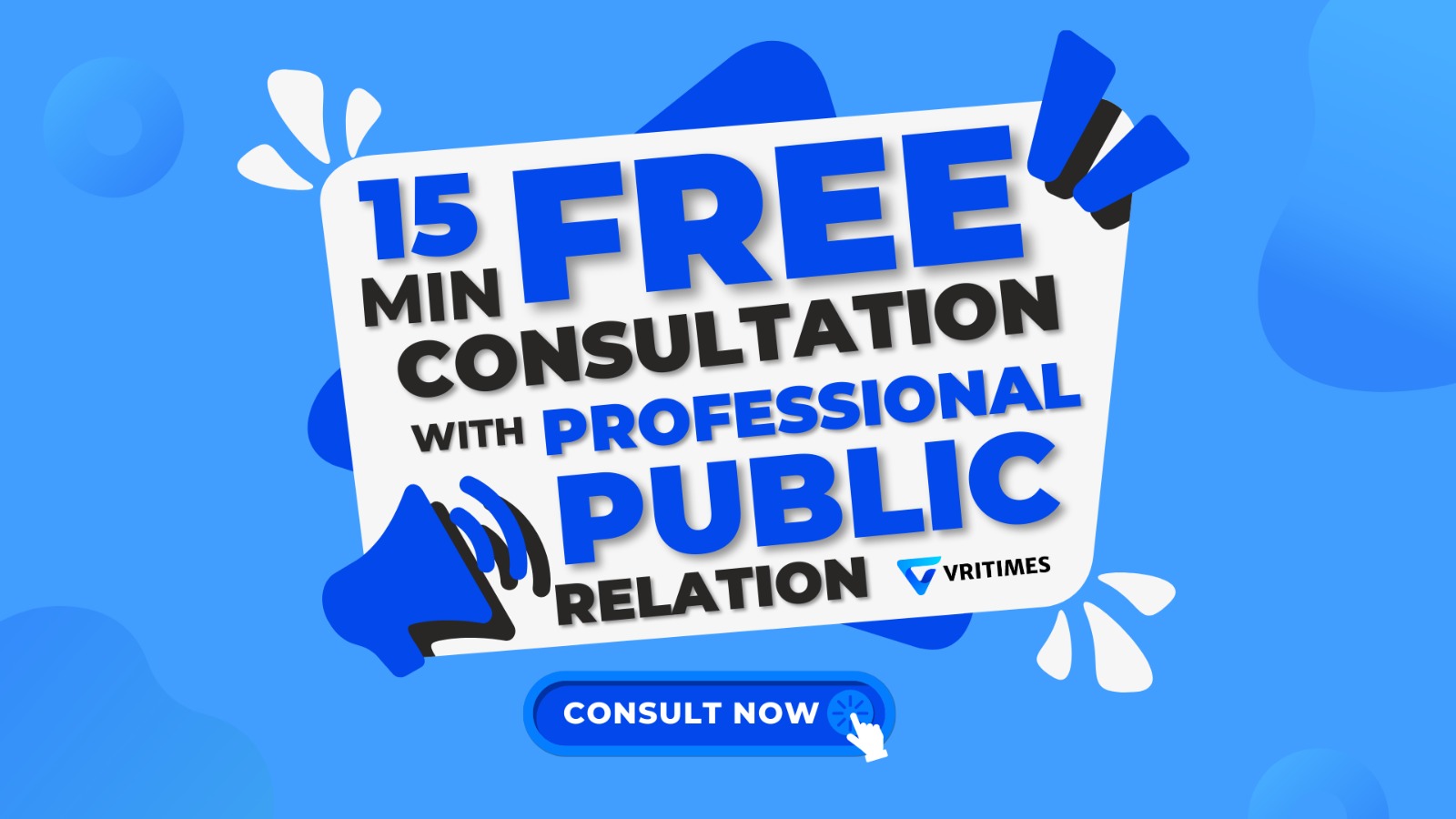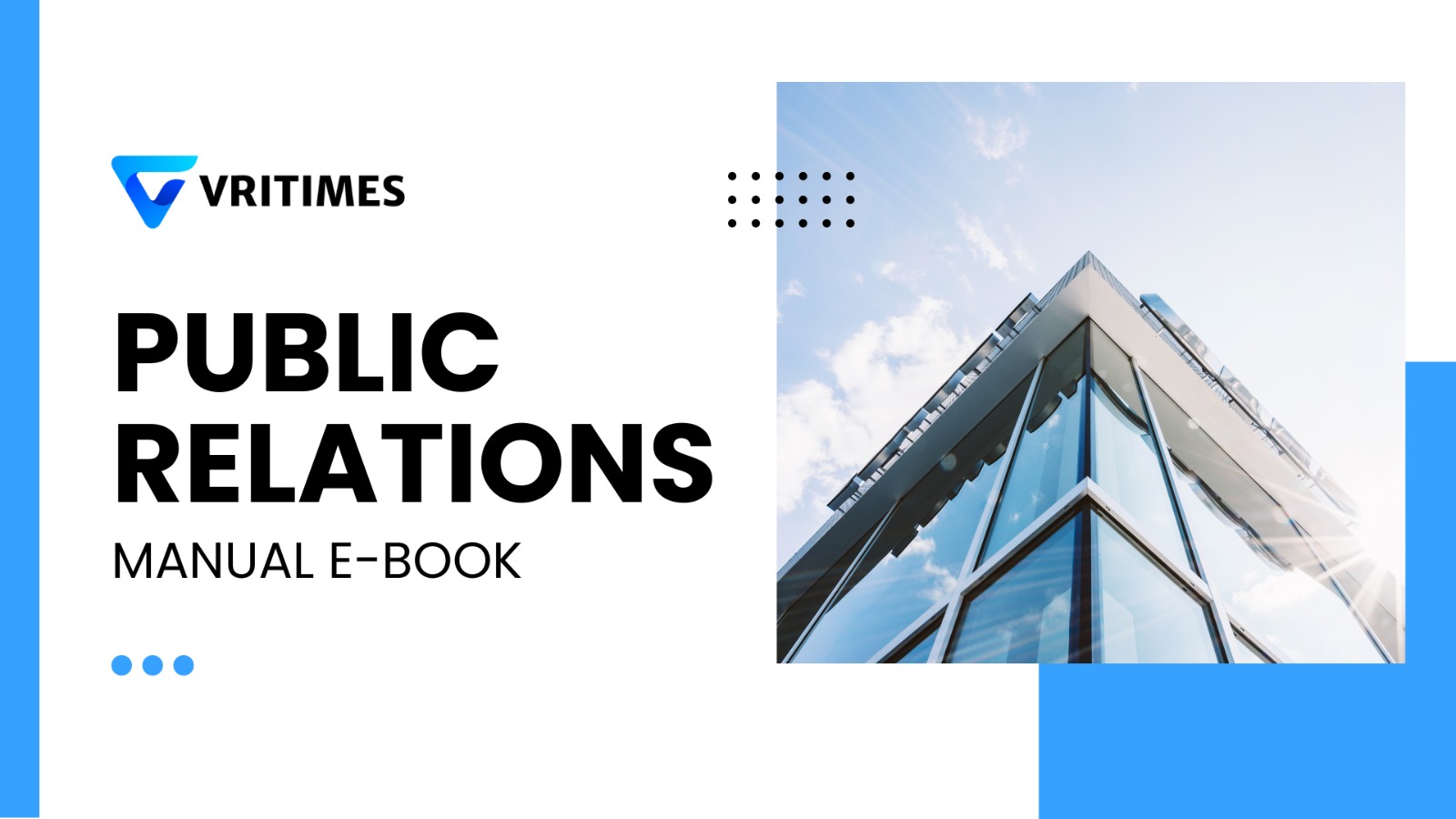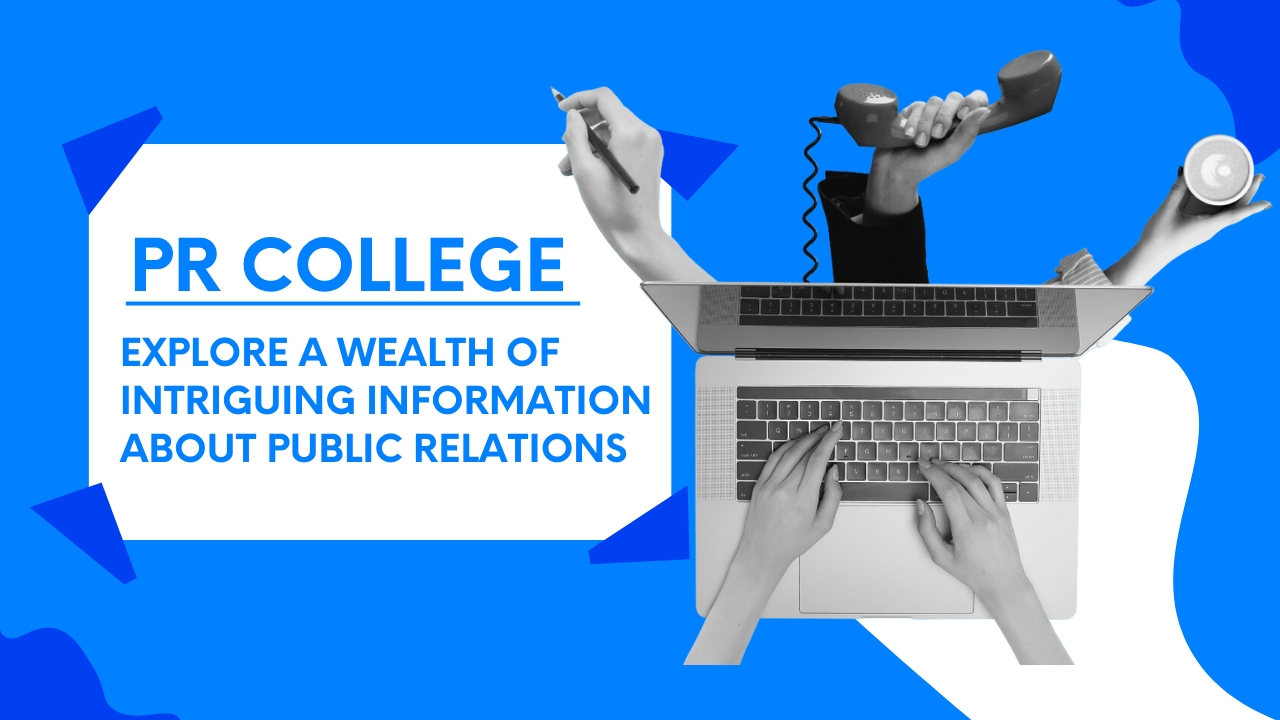/ Leveraging ChatGPT in Marketing Departments
Leveraging ChatGPT in Marketing Departments
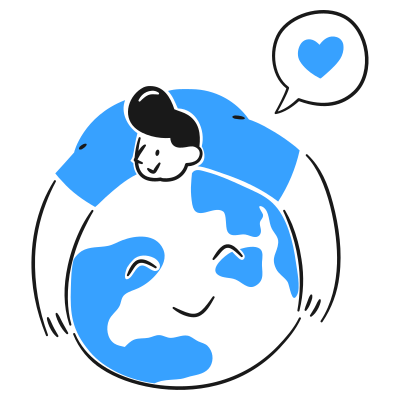
In the era of rapidly advancing technology, it's no surprise that artificial intelligence (AI) has become a significant player in a variety of industries, including marketing. One such AI technology is ChatGPT, developed by OpenAI, which stands out for its language processing capabilities. This article will delve into how marketing departments can leverage ChatGPT to enhance their strategies and operations.
1. Personalized Customer Engagement
ChatGPT's ability to understand context and respond in a human-like manner makes it ideal for engaging with customers. It can provide quick, personalized responses to customer inquiries, reducing wait times and improving the customer experience. Furthermore, it can be programmed to embody the brand's voice, ensuring consistent communication.
2. Social Media Management
ChatGPT can be used to manage social media accounts, posting regular updates and interacting with followers. By analyzing trends and using its language-generation abilities, ChatGPT can create engaging content that resonates with your audience. Additionally, it can track and respond to comments or messages, ensuring active social media presence.
3. Content Creation
Marketing involves a lot of content creation, from blog posts to newsletters. ChatGPT can generate high-quality content on a variety of topics, saving valuable time and resources. It can also be trained to write in a specific style, aligning with the brand's image.
4. Market Research
ChatGPT can sift through vast amounts of data to extract key insights. It can analyze market trends, consumer behavior, and competition, helping marketers make informed decisions. By automating this process, ChatGPT allows marketers to focus more on strategy and less on data crunching.
5. Email Campaigns
ChatGPT can be utilized in creating personalized email campaigns. It can generate tailored content for each recipient, improving click-through rates and conversions. Additionally, it can manage responses, ensuring a seamless customer journey.
6. Chatbots and Virtual Assistants
ChatGPT can power chatbots or virtual assistants on your website or app, providing 24/7 support to customers. By understanding and responding to customer inquiries, it can improve customer satisfaction and increase sales.
7. A/B Testing
ChatGPT can generate different versions of a message for A/B testing, helping marketers identify what resonates best with their audience. This can lead to more effective campaigns and higher return on investment (ROI).
In conclusion, the applications of ChatGPT in marketing are vast and continually evolving. As an adaptable and powerful AI, it can handle a variety of tasks, from customer engagement to market research. By leveraging ChatGPT, marketing departments can improve efficiency, create engaging content, and deliver personalized customer experiences.


